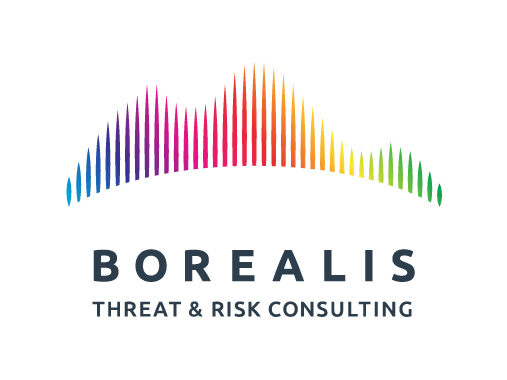Episode 248 – Is the killing of a US healthcare executive an act of terrorism?
As I have noted on far too many occasions no one can agree on what is terrorism and what is not. Not all acts of violence qualify as such and it is often very difficult to determine if the requisite underlying criteria (political, religious or ideological motivators) are present. The recent killing of a US healthcare executive does bear some hallmarks of a political act, although we need to learn a lot more. Borealis talks about the case with The Atlantic‘s Graeme Wood.
About my guest
Graeme Wood has been a staff writer at The Atlantic since 2006 and has reported for that journal from every continent except Antarctica, and on subjects ranging from foreign policy to pro wrestling. He is the author of The Way of the Strangers: Encounters With the Islamic State. He is a member of the Council on Foreign Relations and teaches at Yale University.
Luigi Mangione’s Commonplace, Deplorable Politics – The Atlantic
Suspect in UnitedHealthcare CEO’s Killing Went Silent for Months. Where Was He? – The New York Times
Canadian Intelligence Eh
In a world of multiple voices and opinions it can be very hard to know where to turn. One choice is to look to those who actually worked in counter-terrorism in the national security world.
In these half-hour podcasts, 30-year Canadian intelligence veteran Phil Gurski is joined by a fascinating array of individuals with something meaningful to say about these issues as they provide insight into what they mean and what we need to do about them.
About Phil Gurski
Phil worked as a senior strategic analyst at CSIS (Canadian Security Intelligence Service) from 2001-2015, specializing in violent Islamist-inspired homegrown terrorism and radicalisation. From 1983 to 2001 he was employed as a senior multilingual analyst at Communications Security Establishment (CSE – Canada’s signals intelligence agency), specialising in the Middle East. He also served as senior special advisor in the National Security Directorate at Public Safety Canada from 2013, focusing on community outreach and training on radicalisation to violence, until his retirement from the civil service in May 2015, and as consultant for the Ontario Provincial Police’s Anti-Terrorism Section (PATS) from May to October 2015.
He was the Director of Security and Intelligence at the SecDev Group from June 2018 to July 2019 and the Director of the National Security Programme at the University of Ottawa’s Professional Development Institute from 2020-2022. He has also taught on national security issues at George Brown College, the University of Ottawa and Georgian College. Mr. Gurski has presented on violent Islamist-inspired and other forms of terrorism and radicalisation across Canada and around the world and is actively sought by Canadian and international media on national security and intelligence issues. He has written hundreds of op-eds on these matters for several Canadian media since 2016
He writes at www.borealisthreatandrisk.com.
He is the author of The Threat from Within: Recognizing Al Qaeda-inspired Radicalization and Terrorism in the West (Rowman and Littlefield 2015) Western Foreign Fighters: The Threat to Homeland and International Security (Rowman and Littlefield 2017), The Lesser Jihads: Taking the Islamist fight to the world (Rowman and Littlefield 2017), An end to the ‘War on Terrorism (Rowman and Littlefield 2018), When Religion Kills: How Extremist Justify Violence Through Faith (Lynne Rienner 2019), The Peaceable Kingdom? A history of terrorism in Canada from Confederation to the present (self-published: 2021, republished by Double Dagger in 2022) and the forthcoming The Fenian Brotherhood: Canada’s first terrorist threat? (Double Dagger: fall 2025). He regularly blogs and podcasts (Canadian Intelligence Eh!), and tweets (@borealissaves) on terrorism and intelligence matters.

